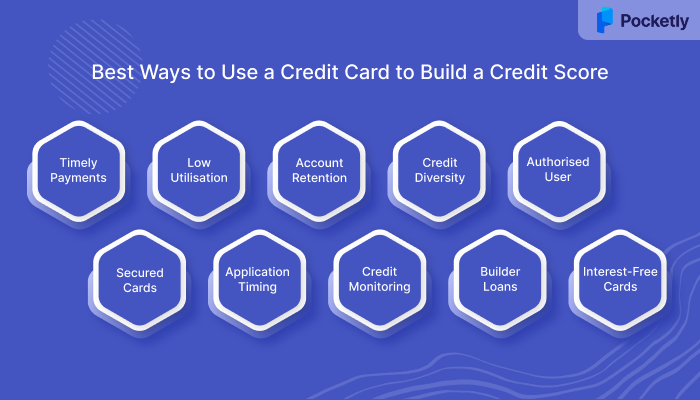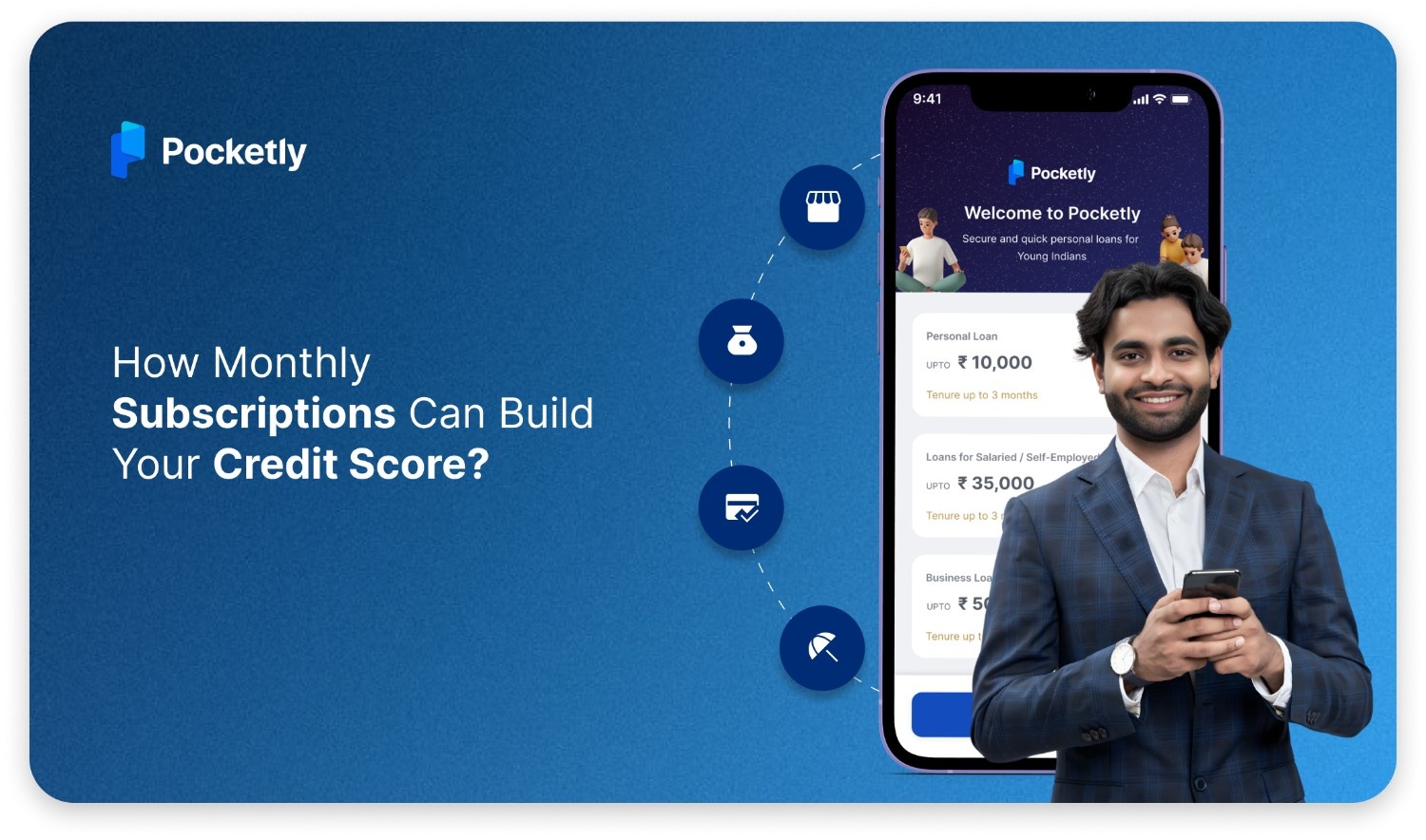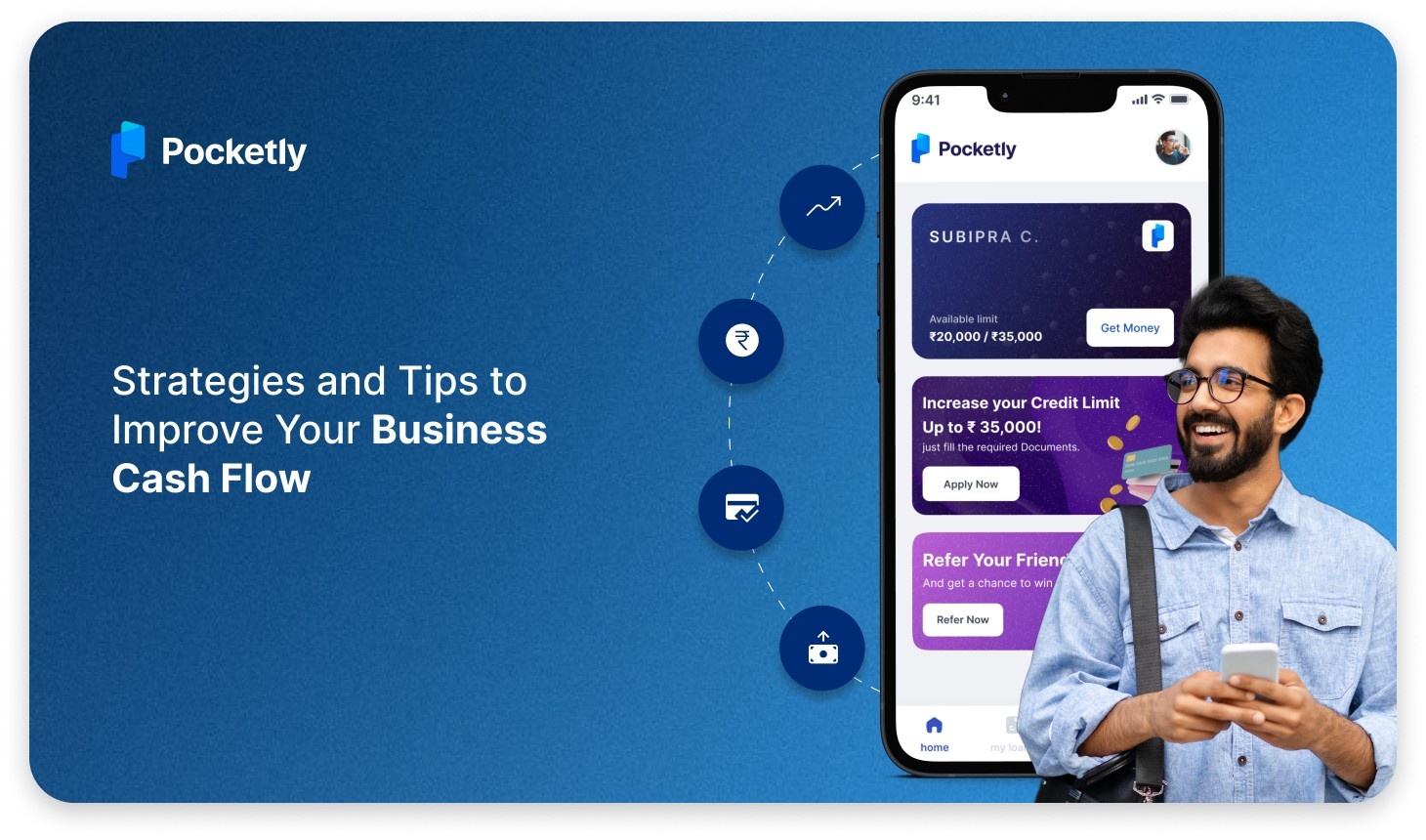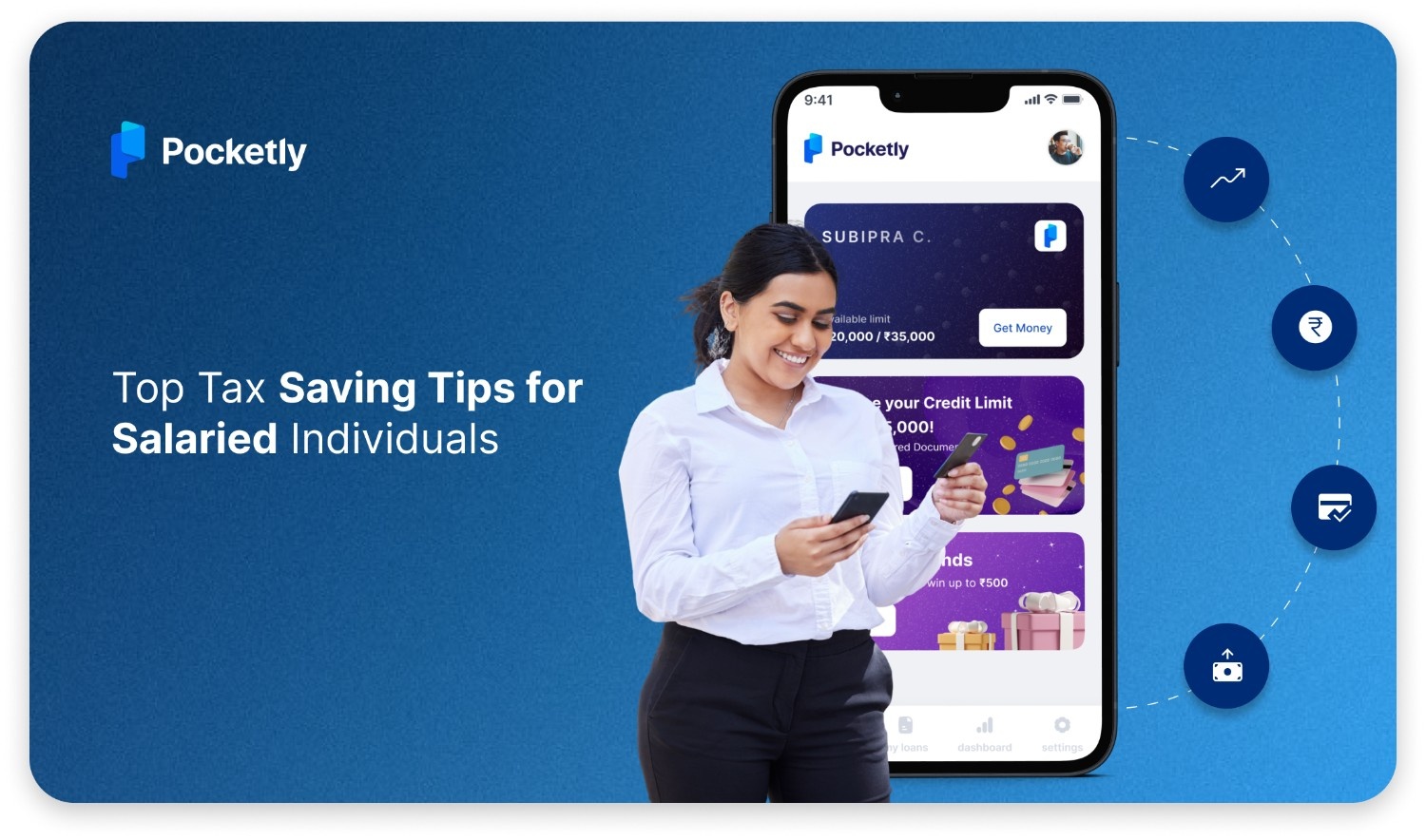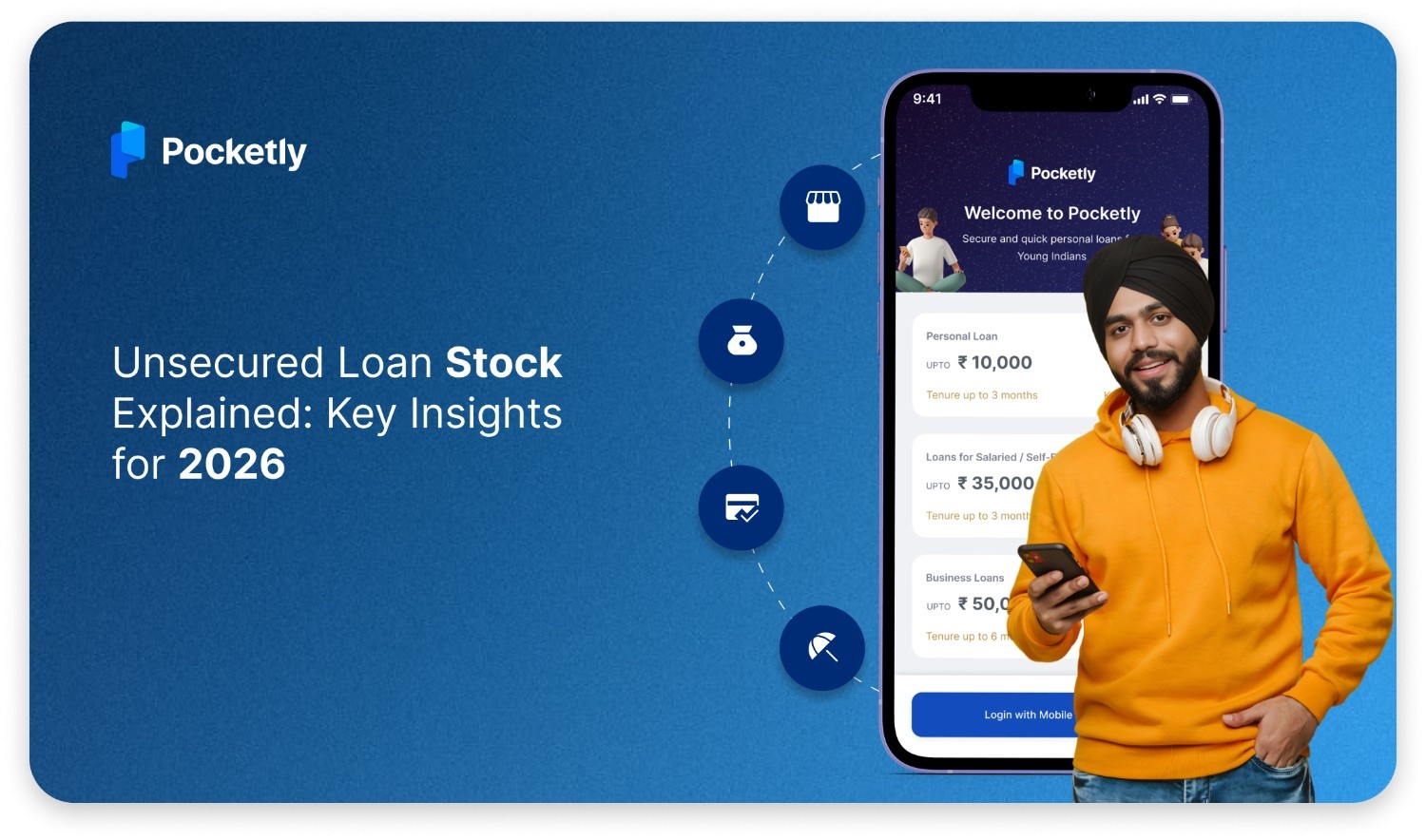Using a credit card is one of the most effective strategies to build your credit score, but it’s easy to fall into the trap of using it without a strategy. Whether you’re looking to improve your score for a major purchase or simply want to have a better financial standing, understanding how to use your card wisely can make all the difference.
In this blog, we’ll walk you through the best ways to use a credit card to build credit, common pitfalls to avoid, and how to make the most of your credit card to strengthen your credit score.
Key Takeaways
- Timely Payments Are Crucial: Your payment history has the biggest impact on your credit score; on-time payments are quintessential for building a strong credit profile.
- Keep Low Credit Utilisation: Aim to use less than 30% of your credit limit to retain a healthy credit utilisation ratio, which directly affects your score.
- Old Accounts Matter: Keeping older credit accounts open helps improve your credit history length, which contributes positively to your score.
- Avoid Applying for Multiple Cards: Frequent applications can lead to hard inquiries, temporarily lowering your score.
- Monitor Your Credit: Make sure to keep a close watch on your credit report for errors or fraud, as mistakes could harm your credit score if not addressed.
Understanding Credit and Credit Cards
The term credit refers to borrowing money or obtaining goods and services with the agreement to pay for them later. Your credit score, which ranges from 300 to 900, demonstrates your creditworthiness, with higher scores indicating better credit.
Credit plays a vital role in managing expenses like purchasing a home, funding education, or covering unexpected costs.
Credit cards are one of the most common ways to access credit. They offer a revolving line of credit, which means you borrow up to a certain limit, repay, and borrow again, making them flexible for ongoing purchases.
Top 10 Best Ways to Use a Credit Card to Build a Credit Score
Credit cards, when used strategically and responsibly, can significantly improve your credit score. However, it’s not just about using your credit card; it’s about using it wisely. With the right approach, credit cards can be an essential tool in building a solid credit history and improving your financial standing.
Here are the effective ways to use your credit card to boost your credit score:
1. Make All Payments On Time
Payment history is the most important aspect in your credit score, accounting for up to 40%. This means your ability to make timely payments on your credit card plays a huge role in improving or damaging your score. Consistently paying your bills on time not only avoids late fees but also strengthens your overall credit profile.
- Impact: On-time payments contribute positively to your credit score and can begin showing improvements within 2-3 months of establishing consistent payment habits.
- Tip: Set up automatic payments to make sure you never miss a due date, or create reminders on your phone to pay early to avoid any last-minute delays.
2. Maintain Low Credit Utilization Ratios
Credit utilisation accounts for about 30% of your credit score. This ratio is calculated by dividing the balance on your credit card by your total available credit. For example, if your credit card limit is ₹1 lakh, it’s recommended to spend no more than ₹30,000 during a billing cycle. A high utilisation ratio indicates that you are over-relying on credit, which can hurt your score.
- Optimal Utilisation: Keeping your utilisation at 30% or lower is considered ideal, but achieving single-digit utilisation (e.g., 1-10%) often results in the highest scores.
- Tip: If you have more than one credit card, try to spread your spending across them to avoid maxing out any single card. You can also request higher credit limits, which will automatically reduce your utilisation ratio if your spending stays the same.
3. Keep Old Credit Accounts Open
The length of your credit history makes up to 15% of your credit score, so having a longer credit history generally works in your favour. Older accounts reflect a history of responsible credit usage, which can enhance your credit score. Closing old accounts, on the other hand, can reduce your credit history and increase your utilisation ratio, both of which can impact your score.
- Impact: Closing old accounts could reduce your average account age and make your credit utilisation ratio appear higher.
- Tip: Keep older accounts active by making low-cost purchases on them and paying them in full each month. This will keep the account open and your credit history intact without affecting your budget.
Also Read: Credit Card for Low CIBIL Score in India
4. Diversify Your Credit Mix
Having a mix of credit types can positively affect your credit score. This includes revolving credit (credit cards) and installment loans (auto loans, student loans, mortgages). Credit mix accounts for about 10% of your credit score, showing that you can manage different types of credit responsibly.
- Tip: Avoid applying for multiple types of credit at once, as this could hurt your score due to hard inquiries. Instead, gradually build your credit mix over time as you need different types of credit.
5. Become an Authorised User on High-Quality Accounts
If you're starting out with limited credit or trying to rebuild your credit, becoming an authorised user on someone else’s account, especially one with a long, positive payment history, can give your credit score an instant boost. This allows you to benefit from the user's credit history and low utilisation ratio without needing to make purchases on the card.
- Impact: You’ll get the benefit of their on-time payments and good credit behaviour, but remember, this only works if the primary cardholder maintains a healthy credit profile.
- Tip: Have a conversation with the primary cardholder about the usage and expectations before becoming an authorised user, ensuring the account stays in good standing.
6. Use Secured Credit Cards for Credit Building
If you have a limited or poor credit history, applying for a secured credit card can be a great way to start building credit. A secured card requires you to deposit a sum that acts as your credit limit, reducing the lender's risk. It functions like any other credit card and reports your payments to the credit bureaus, further building or rebuilding your credit over time.
- Benefit: Secured cards are easy to get approved for and allow you to demonstrate responsible credit usage, which can help you transition to unsecured credit cards later on.
- Tip: Make sure to use your secured card regularly and pay off the complete balance each month to avoid high-interest charges.
7. Optimise Credit Card Application Timing
Every time you apply for a new credit card, an investigation is made of your credit report. This inquiry can momentarily lower your credit score by 5 to 10 points. Applying for multiple cards in a short time frame can also give the impression that you are financially desperate, which could raise red flags with lenders.
- Tip: Space out your credit card applications to avoid multiple hard inquiries. If you’re unsure of your chances of approval, consider using prequalification tools that don’t affect your credit score.
8. Monitor Credit Reports and Dispute Errors
Regularly monitor your credit report to spot and fix errors, fraud, or inconsistencies that could hurt your credit score. In fact, studies show that up to 5% of credit reports contain errors that could impact your credit.
- Tip: Use free services to check your credit reports from all major credit bureaus annually. If you notice any errors, dispute them to ensure your credit score reflects your correct financial behaviour.
9. Using Credit Builder Loans to Build Your Credit Score
Credit builder loans can improve your credit score if you’re new to credit or need to rebuild your score. Unlike traditional loans, you don’t receive the loan amount upfront. Instead, you make fixed monthly payments, and the funds are placed in a savings account, which is released once the loan is paid off.
- Impact: Using a credit builder loan responsibly can enhance your credit profile, allowing for better loan terms and higher credit limits
- Tip: Make sure to set up automatic payments for both your credit card and credit builder loan to avoid missed payments and stay on track with your credit-building goals.
10. Opt for 0% Interest-Charged Credit Cards to Build Credit
Using a 0% interest credit card is a smart way to build your credit score. These cards offer an interest-free period, typically 6 to 18 months, on purchases and balance transfers. By paying off your balance in full during this time, you avoid interest charges, save money, and manage large purchases with no-cost EMIs, where the interest is waived off entirely.
- Impact: Using a 0% interest card on large purchases allows you to break down the cost into manageable installments without the burden of interest, further improving your credit score.
- Tip: Ensure you pay off your balance within the interest-free period to avoid high-interest charges once the promotional offer ends.
While these strategies form the backbone of successful credit building, even the most well-intentioned efforts can backfire if you fall into common traps. Many people unknowingly sabotage their progress through seemingly minor mistakes that have major consequences.
Common Pitfalls to Avoid When Building a Credit Score with a Credit Card
Building your credit score on a credit card can be effective, but certain mistakes can hinder your progress. It’s important to avoid overspending, carrying high balances, or applying for too many cards in a short period, as these behaviours can negatively affect your credit score. Let’s look at some other mistakes that you must avoid.
- Carrying a Balance Month-to-Month: Carrying an outstanding balance from month to month results in high-interest charges, making it harder to pay off your debt and hindering your credit-building progress.
- Missing Payments: Late or missed payments can affect your credit score and may stay on your report for up to seven years.
- Not Monitoring Your Credit: Failing to regularly monitor your credit report for errors or any signs of fraud can lead to inaccuracies affecting your credit score. Always keep track of your credit activity.
- Ignoring Fees and Charges: Overlooking annual fees, late payment fees, or interest charges can add up and affect your ability to repay.
- Using Credit for Non-Essential Purchases: Using credit cards for non-essential or impulse buys can lead to unnecessary debt. Ensure to use your card for purchases that you can comfortably pay off.
Avoiding these mistakes is essential, but the real motivation comes from understanding what awaits you on the other side of disciplined credit building. The benefits of a credit score extend more than just having access to credit.
Benefits of Having a Good Credit Score on Your Credit Card
A good credit score offers benefits like reducing the cost of borrowing and getting lower interest rates when using a credit card, and many others. Let's take a look.
1. Lower Interest Rates: A higher credit score allows you to secure lower interest rates, making it relatively cheaper to carry a balance on your credit card.
2. Higher Credit Limits: Lenders will likely offer substantially more credit limits to people with good credit scores, providing flexibility in managing expenses.
3. Better Rewards: With a good credit score, you’re likely to be offered credit cards with attractive rewards programs, such as cashback, points, or travel benefits.
4. Easier Approval for New Credit: A strong credit score increases your chances of approval for new credit cards and loans, giving you access to better financing options.
5. Financial Opportunities: A good credit score helps in securing favourable terms on major loans like mortgages or auto loans, saving you money on interest and fees.
6. Increased Financial Trustworthiness: A solid credit score builds trust with lenders and creditors, making it easier to gain access to credit when needed.
As you work toward building this strong credit foundation, maintaining financial stability is equally important. Sometimes unexpected expenses or cash flow gaps can derail your best credit-building plans, which is why a reliable financial support becomes invaluable.
How Pocketly Can Support Your Credit Building Journey
Pocketly can be a valuable tool in managing your finances along the way. With a loan amount ranging between ₹1,000 and ₹25,000, you can gain access to funds for urgent expenses or larger purchases, helping you maintain financial stability as you work on improving your credit score. Here’s how Pocketly can be beneficial:
- Affordable Interest Rates: Offers competitive interest rates starting from 2% per month, ensuring that your loan remains affordable and manageable.
- Transparent Processing Fees: Processing fees are clearly outlined, between 1% to 8% of the loan amount, with no hidden charges.
- Minimal Documentation: The application process is fast and simple, requiring basic documentation. You only need to submit KYC documents such as a PAN card and an Aadhaar card for verification.
- Instant Personal Loan: Once your loan is approved, funds are quickly transferred in minutes directly to your bank account, thereby allowing you to handle your financial needs without delay.
Conclusion
Building on your credit score with a credit card requires discipline and strategy. By making timely payments, maintaining a low credit utilisation, and diversifying your credit mix, you can improve your creditworthiness. However, it’s important to avoid common pitfalls such as overspending, missing payments, or applying for too many cards. With careful management, your credit card can help to enhance your credit score.
Pocketly offers a personal loan to help you manage your finances and build your credit. With affordable interest rates, minimal documentation, and quick loan disbursal, Pocketly ensures you can handle unexpected expenses and continue working towards your financial goals. Download Pocketly today on Android or iOS.
FAQs
1. How Long Does It Take to Improve a Credit Score?
Improving your credit score depends on several factors, including your current score, payment history, and how quickly you address issues like high credit utilization or missed payments. Generally, you can see improvements in scores anywhere from 3 to 6 months.
2. What is the 2-3-4 Rule for Credit Cards?
The 2-3-4 rule is a guideline for managing credit cards. It suggests having no more than two credit cards with balances, spending no more than 30% of the available limit on each card, and paying off at least 4 times a year. This helps keep your credit utilization low and ensures you're maintaining good credit habits.
3. What is the Fastest Way to Build Credit on a Credit Card?
The quickest way to build credit with a credit card is by making on-time payments, keeping your credit utilization under 30%, and avoiding missing payments. Using your card regularly for purchases and paying the balance in full every month shows responsible credit management, which can quickly boost your score.
4. How Does a Credit Score Relate to a Credit Card?
Your credit score demonstrates how well you manage debt, and your credit card usage is a big factor in determining it. Using the credit card responsibly, making on-time payments, and keeping low credit utilization can improve your score. Conversely, high balances and missed payments can hurt your score, making it harder to access future credit.
5. How Can I Generate a CIBIL Score for the First Time?
To generate a CIBIL score for the first time, you need to start building credit by taking small steps, such as applying for a credit card or a small loan. Using the credit responsibly, making timely payments, and maintaining low credit utilization will help you establish a CIBIL score. Keep in mind that it can take a few months for your score to be generated once you begin using credit.



